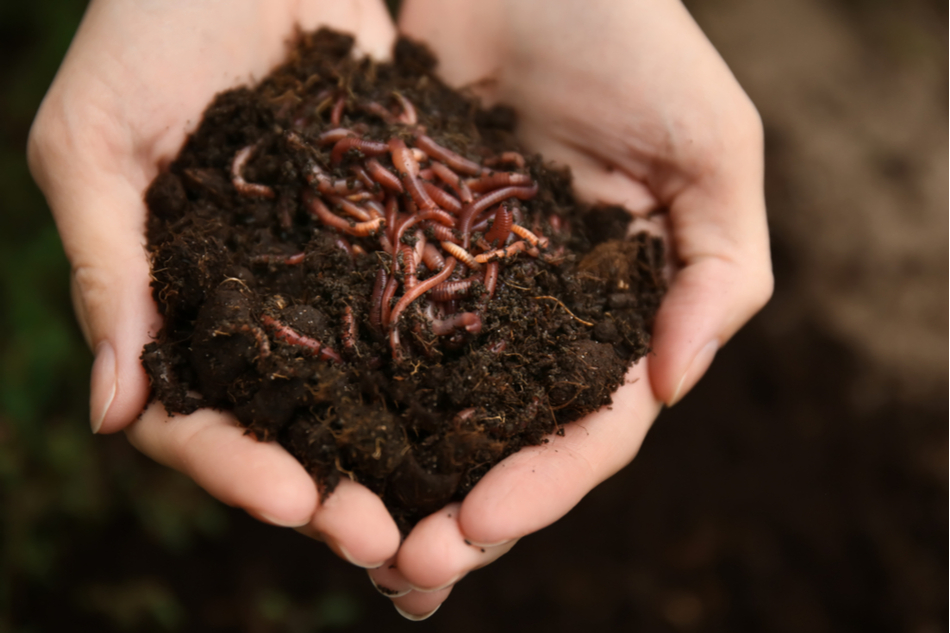A Nottingham-based initiative called the Urban Worm Community Interest Company (UWC) is helping spur on an urban worm farming movement in the UK that will help the nation deal with waste while simultaneously providing high-grade fertilizer.
So far, the enterprise has been granted 50,000 GBP from the national lottery to send out 1,000 packs of composting worms to anyone who has a DIY worm farm that can handle a population of 100 wriggly worms.
“Using worms to manage organic household waste is happening at scale all over the world except in the UK,” states Anna de la Vega, UWC’s managing director. “The reality of climate change, natural resource depletion, and mass urbanization present unprecedented threats to global food security and the survival of humanity.”
Composting worms—called tiger worms because of their red skin—can eat up to half their body weight in organic waste per day and can reduce the volume of that waste by a whopping 90 percent in two to six months.
“The process particularly lends itself to the urban environment with small-scale indoor, low-tech, and low-cost systems,” de la Vega continues. “With 83 percent of the UK living in cities, an urban worm farming movement is essential for future food security and provides easy solutions for our kitchen waste.”
The solid waste that these worms produce is grade-A soil that is rich in the 14 nutrients plants need. A meager tablespoon of worm manure per plant is so nutrient-dense that it’s enough for an entire growing season. Just be aware that worm urine, which is drained out of the bottom of the worm farm, is so potent that it should be diluted before being used to fertilize anything.
If you are somehow short on food waste, then the worms can be fueled with damp shredded paper and cotton socks, or other textiles made of natural fibers. “Worms just want to eat and mate. If you give them enough food and space, they won’t try to escape,” de la Vega says assuredly.
“If you don’t want them multiplying, don’t give them loads of food. They’re really clever: they’re hermaphrodites, so they can all lay eggs. But they don’t lay unless there’s enough food and space to sustain and increase in their population.”
So far, worms have been sent to 26 schools across the nation, and even to a prison. Interested parties who are not at all familiar with worm farming can find guidance from the videos that are available on the UWC website. A few months after their worm farm has been started, another video will be sent to the worm farmers that instructs them on harvesting their fresh fertilizer.
If the urban worm farming movement is a success, then the national lottery has promised to continue funding the project.












